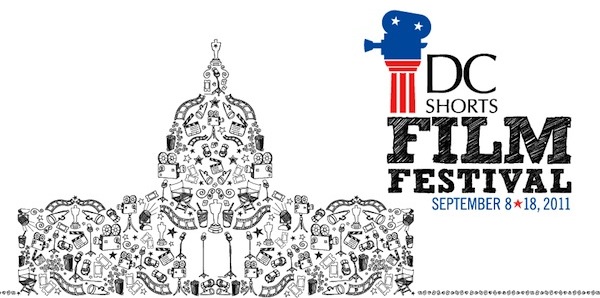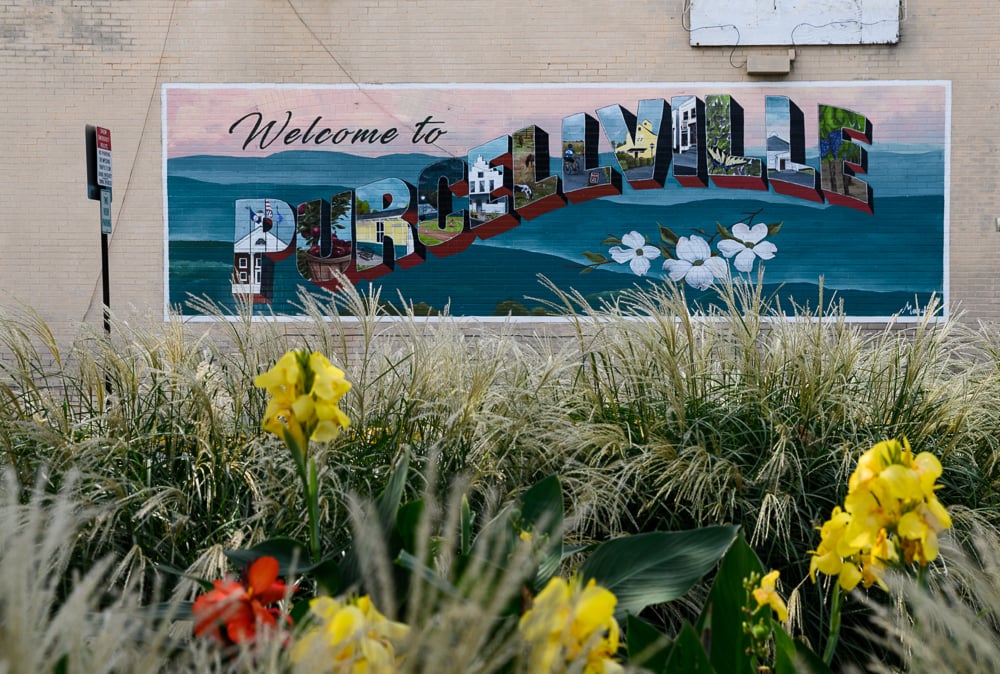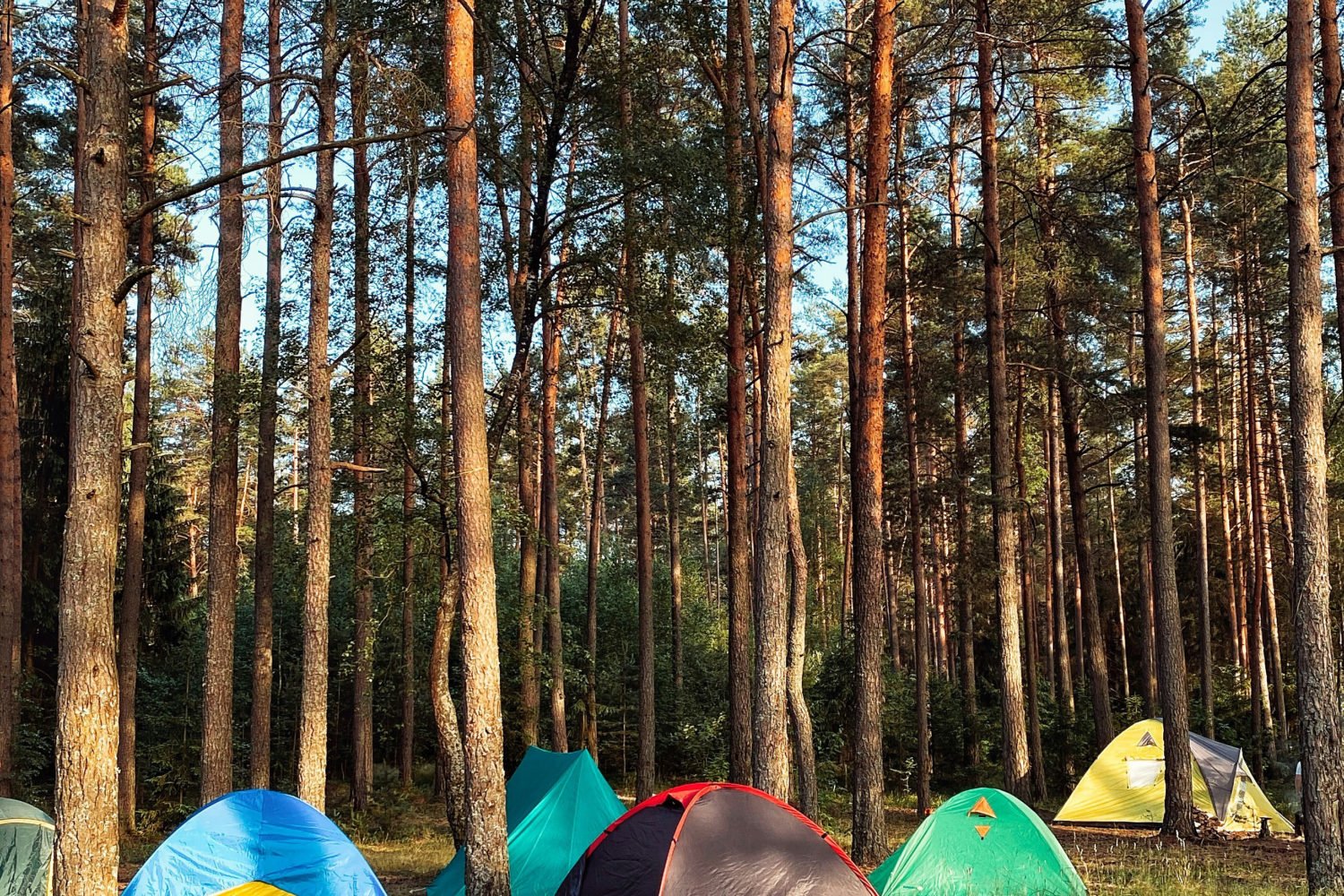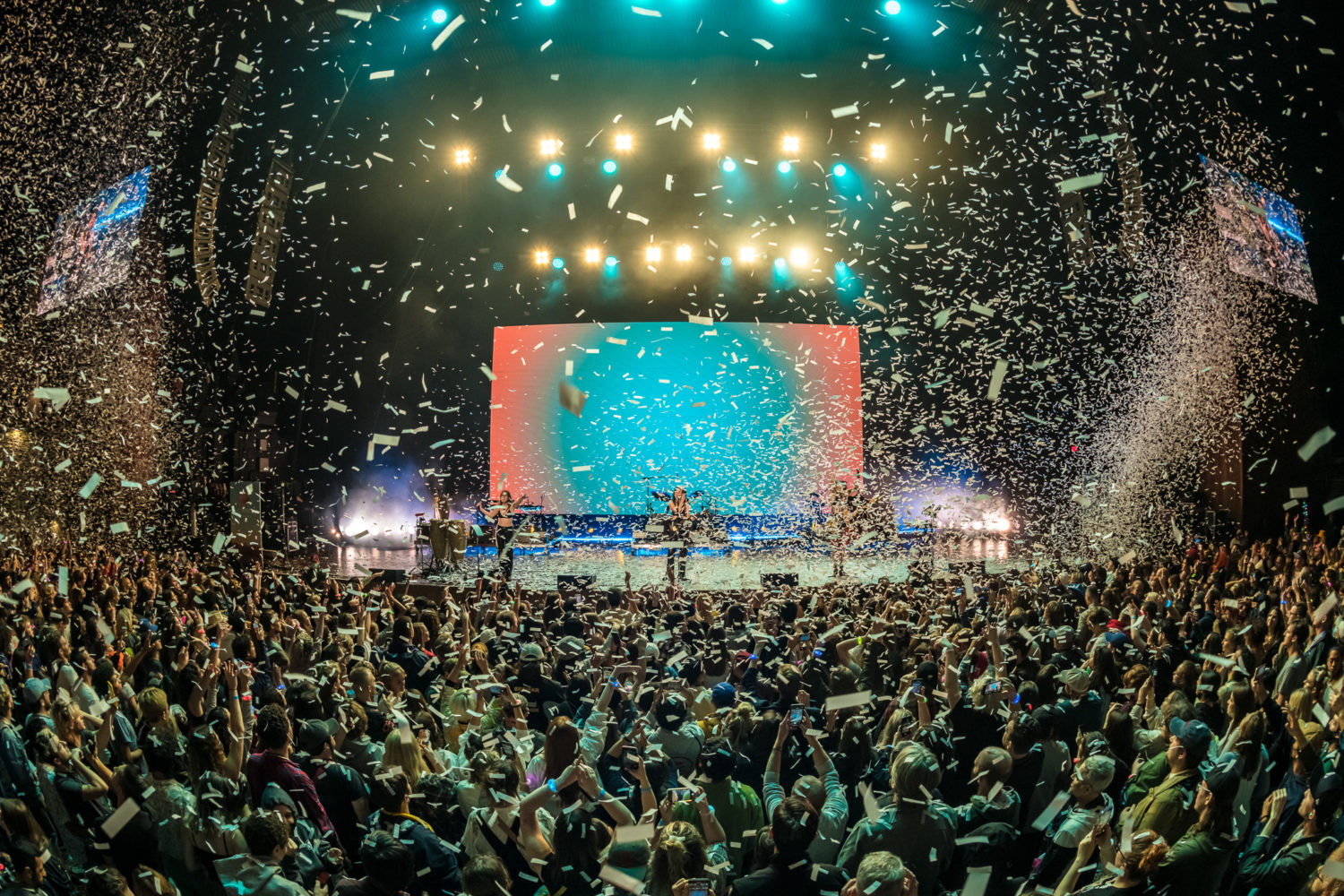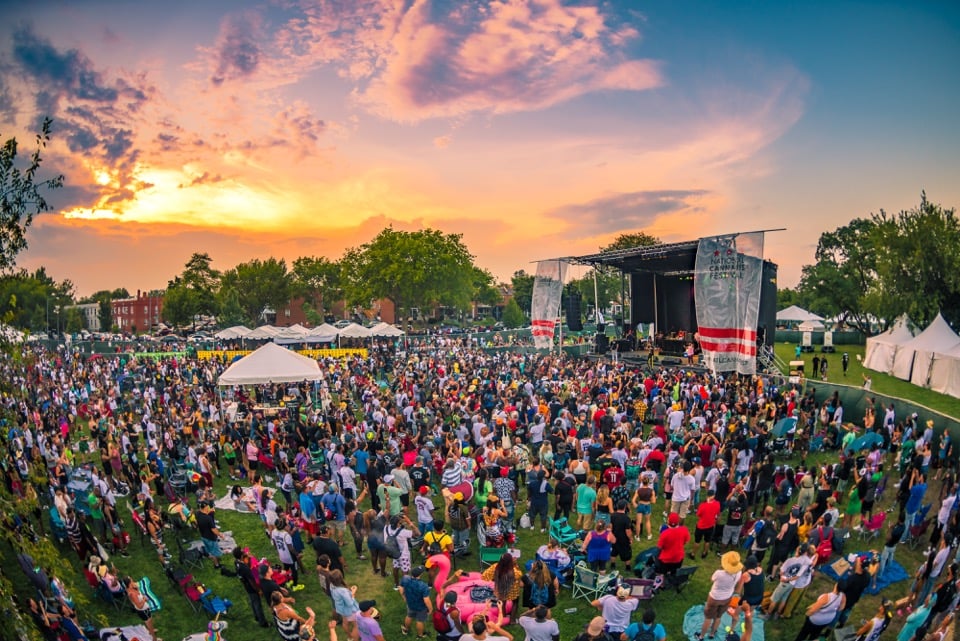The DC Shorts Film Festival is back with 145 films from 23 nations. Image courtesy of the festival
Washington loves short films. During the run-up to the Oscars, just try to get a walk-up ticket to one of E Street Cinema’s screenings of the Oscar-nominated shorts; they regularly sell out even the weeknight screenings. Same goes for the National Archives’ pre-Oscar screening of the nominated documentary shorts. This year I witnessed a woman pleading with a security guard to get in after she found out that she was too far back in the line to gain entry, and she was one of dozens of people they had to turn away.
It should come as no surprise then that the DC Shorts Film Festival, which kicks off its eighth year tonight, has quickly become one of the city’s premier film events. What it is about this city that makes people so excited for shorts, I’m not sure, unless busy, fast-paced living lends itself well to short attention spans. Whatever the reason, the festival’s popularity has allowed it to vastly expand its offerings this year, with 145 films from 23 nations grouped into 17 programs—a significant increase over last year’s 97 films in 9 programs. Each of the showcases contains a blend of longer short films, in the 15 to 20 minute range, with extremely short titles sprinkled into the mix, and each also tries to include a good mix of comedies, dramas, and experimental films.
All 17 of those programs will screen over the next three days during the festival’s competition weekend. The festival continues after that for another week, re-screening all of the programs and recombining some shorts into specially themed selections. With greater density in the programming, the number of venues has expanded as well. This year, in addition to regular screening locations at E Street Cinema and the US Navy Memorial, there are also screenings at Artisphere in Rosslyn, and the Atlas Performing Arts Center on H Street, Northeast. Non-screening events can also be found at Madame Tussaud’s, Gibson Guitar, and Clyde’s of Gallery Place.
The Washingtonian had a chance to sample a number of titles, and the overall excellent quality of the random selection speaks to the commitment to quality in the festival’s selection process. There are highly polished films, extremely rough films, films with local actors, and films with major stars and hot new names. Up-and-coming indie director David Lowery has an entry, Pioneer starring musician Will Oldham (better known by his recorded name, Bonnie ‘Prince’ Billy), about a father telling his son a bedtime story.
Another film with recognizable names attached is After-School Special, scripted by playwright and filmmaker Neil LaBute, directed by Jacob Chase, and starring Wes Bentley and Sarah Paulson. The short is ostensibly about Bentley and Paulson as single parents striking up a conversation at a Chuck-E-Cheese-style restaurant while their kids are playing. It’s made some noise at festivals before this for a contrived-but-shocking twist, but everything that leads up to it is a fascinating study in social interaction, complete with the uncomfortable dialogue and situations that LaBute is famous (or infamous) for.
Unexpected twists are often a big part of these films: Short films seem to lend themselves to a pithy setup that allows for quick establishment of a situation before a filmmaker pulls the rug out with that twist. That applied to dramatic situations like LaBute’s, or a comedy like Brittney Segal’s George’s 40th Birthday, in which a disgruntled office worker attempts to kill a co-worker, only to find the plan upending in unexpected ways; or the sweet romantic Australian short, TGIF, which makes the case that technological communication can have just as much potential for romance as more traditional forms.
I also particularly enjoyed a couple of films about film itself. Not just movies—but film as a physical medium, and one that’s becoming less and less common. Physical film is particularly missed at festivals like this, which tend to showcase low-budget independent filmmakers who work almost exclusively in digital these days. Daniel Supanick’s Loading is an experimental ode to the often frustrating act of loading film into a camera. Colin Foster’s Man With a Bolex Movie Camera is an examination of and homage to the obsessiveness of filmmakers, depicting a film student who gets a little too technical when trying to make an old-fashioned 16-millimeter sex tape with his girlfriend. Both of these films are from local directors, and there are a number of other local titles available.
There are also animated films, documentaries, and a whole program of family fare to be had, as well as lectures and special events for filmmakers or people with an interest in how things work behind the scenes. There’s something for everyone. And, because they’re brief, should you find yourself faced with the occasional dud—the pointlessly annoying, but mercifully only one-minute long Adventure Girls III, for instance—at least you’ll be assured that something entirely different is coming your way shortly.
The festival Web site has a convenient film sorter that can be used to search for films based on genre, country, and various areas of interest and specialty categories. The site also has other great interactive tools, including the festival schedule, listings of non-screening events, and ticket purchasing. The festival runs through September 18.
Subscribe to Washingtonian
Follow Washingtonian on Twitter
Follow the After Hours Blog on Twitter
More>> After Hours Blog | Arts & Events | Happy Hour Finder | Calendar of Events

